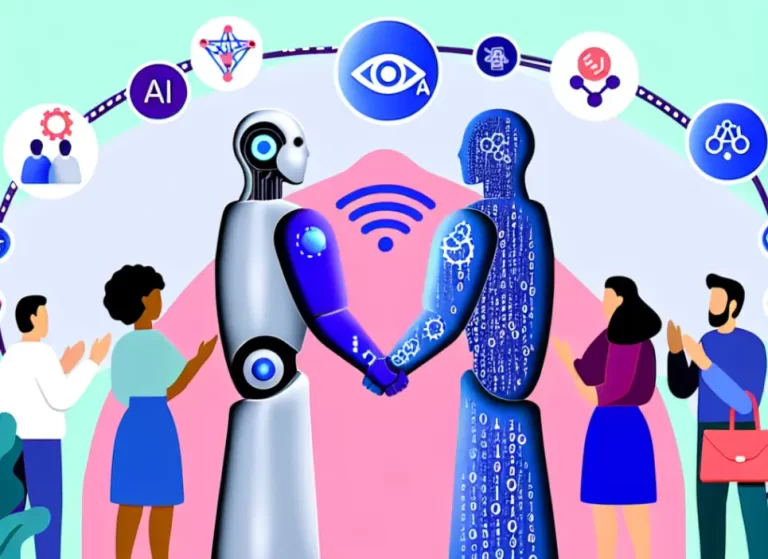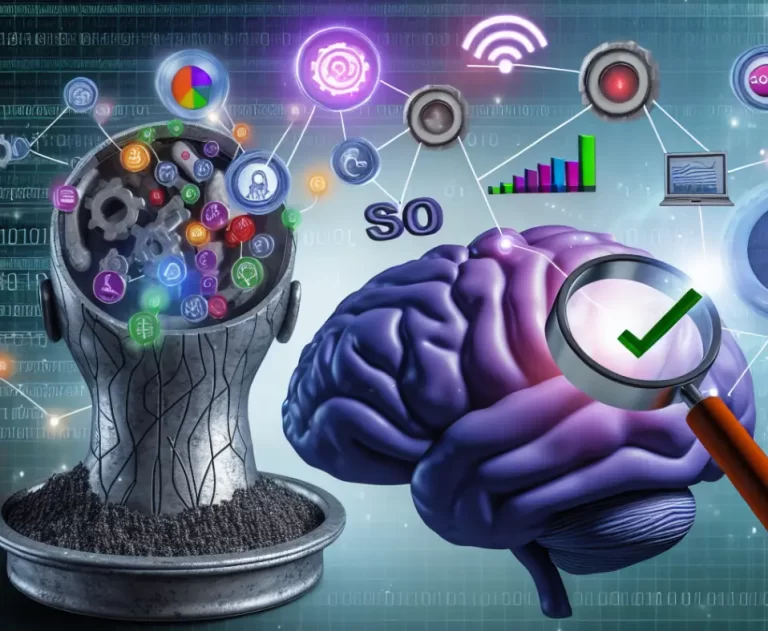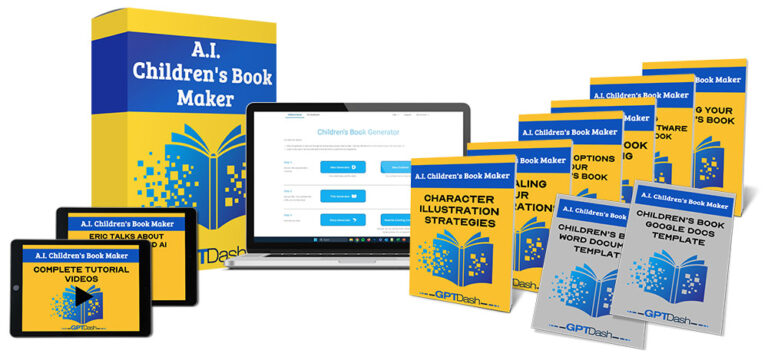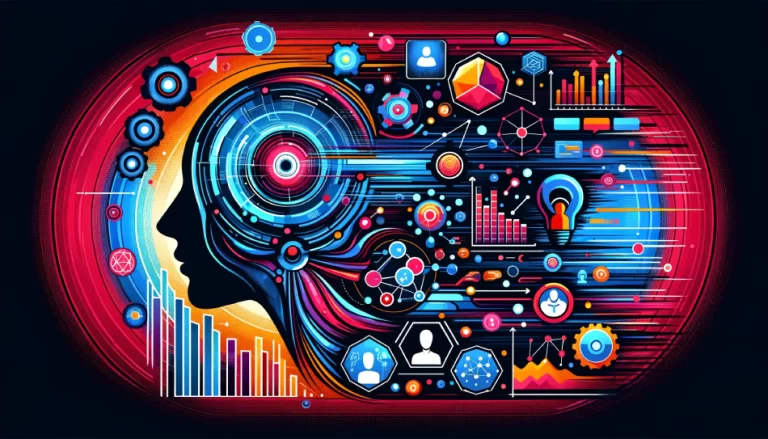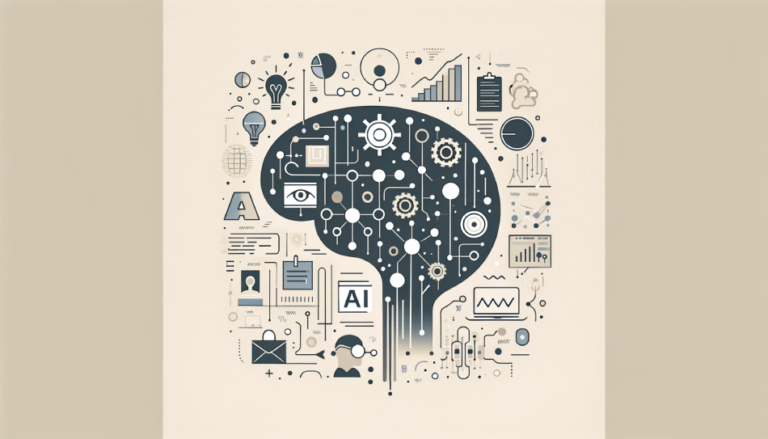AI Tools in Customer Service

As businesses strive to deliver exceptional customer service, AI tools are playing an increasingly vital role. These tools leverage the power of artificial intelligence to enhance and streamline various aspects of customer support. In this section, we will explore the rise of AI in customer service and the benefits that come with using AI tools.
The Rise of AI in Customer Service
Over the past decade, AI has witnessed significant growth and adoption across various industries, including customer service. From chatbots to virtual assistants, AI-powered tools are transforming the way businesses interact with their customers.
AI’s ability to analyze vast amounts of data, understand natural language, and learn from past interactions makes it an invaluable asset in customer service. These tools can handle routine customer queries, provide instant responses, and even assist with complex issues.
Benefits of Using AI Tools
The integration of AI tools into customer service processes brings numerous benefits for businesses and their customers alike.
One of the key advantages is 24/7 availability. AI-powered tools, such as chatbots and virtual assistants, can handle customer inquiries and support requests around the clock. This ensures that customers can receive assistance at any time, leading to increased customer satisfaction and loyalty.
AI tools also excel in scalability. They have the capability to handle multiple customer interactions simultaneously, allowing businesses to efficiently manage high volumes of inquiries without compromising the quality of service. This scalability enables businesses to cater to a larger customer base without significantly increasing their customer support team.
Moreover, AI tools can reduce response times. By leveraging automation and machine learning algorithms, these tools can quickly analyze customer queries and provide instant responses or route them to the appropriate department. This swift response time enhances the customer experience and avoids frustrating delays.
Another significant benefit of AI tools in customer service is cost savings. By automating routine tasks and inquiries, businesses can reduce their reliance on human agents, resulting in lower labor costs. Additionally, AI tools can handle a large portion of customer inquiries, freeing up human agents to focus on more complex and personalized interactions.
Benefits of AI Tools in Customer Service |
24/7 availability for customer support |
Scalability to handle high volumes of inquiries |
Reduced response times for instant assistance |
Cost savings through automation and efficiency |
In conclusion, AI tools are revolutionizing customer service by providing businesses with powerful capabilities to deliver exceptional support. The rise of AI in customer service brings benefits such as round-the-clock availability, scalability, reduced response times, and cost savings. By embracing these AI tools, businesses can enhance their customer service efforts and create more satisfying experiences for their customers.
Chatbots for Customer Support
In the ever-evolving landscape of customer service, chatbots have emerged as a powerful tool for businesses to enhance their customer support capabilities. chatbots, powered by artificial intelligence (AI), offer numerous benefits that can revolutionize the way businesses interact with their customers.
How Chatbots Enhance Customer Service
Chatbots bring a new level of efficiency and convenience to customer service. By leveraging AI algorithms, chatbots can handle a wide range of customer inquiries and provide instant responses, 24/7. This eliminates the need for customers to wait for a human representative and ensures timely assistance.
The use of chatbots also enables businesses to scale their customer support operations without incurring additional costs. Chatbots can handle multiple customer interactions simultaneously, allowing businesses to serve a larger customer base efficiently. Moreover, chatbots provide consistent and accurate information, reducing the risk of human errors or inconsistencies in responses.
Another advantage of chatbots is their ability to provide personalized customer experiences. AI-powered chatbots can analyze customer data, such as past interactions and purchase history, to deliver tailored recommendations and solutions. This personalization enhances customer satisfaction and loyalty by making customers feel valued and understood.
Features and Capabilities of AI-Powered Chatbots
AI-powered chatbots are equipped with a range of features and capabilities that enable them to provide exceptional customer service. Some common features include:
- Natural Language Processing (NLP): Chatbots utilize NLP technology to understand and interpret customer inquiries, even in natural language. This allows for more human-like conversations and enhances the overall customer experience.
- Multi-Channel Support: Chatbots can seamlessly handle customer inquiries across various channels, such as websites, social media, and messaging apps. This ensures consistent support regardless of the platform customers choose to engage with.
- Intelligent Routing: AI-powered chatbots can intelligently route customer inquiries to the most appropriate department or human agent, ensuring a smooth and efficient resolution process.
- Knowledge Base Integration: Chatbots can be integrated with a knowledge base, enabling them to access and provide accurate information on products, services, and frequently asked questions.
- Analytics and Insights: Chatbots generate valuable data and insights about customer interactions, which businesses can analyze to identify trends, improve processes, and enhance customer service strategies.
By utilizing chatbots for customer support, businesses can streamline their operations, provide instant and personalized assistance, and ultimately enhance the overall customer experience. To explore more AI tools for businesses, check out our article on ai tools for businesses.
Virtual Assistants for Customer Engagement
In the realm of customer service, virtual assistants powered by AI are revolutionizing the way businesses interact with their customers. These intelligent tools are designed to simulate human-like conversations and provide personalized assistance, enhancing customer engagement and satisfaction.
Leveraging Virtual Assistants for Customer Interaction
Virtual assistants serve as a valuable resource in customer interaction, offering a seamless and efficient way to address customer queries and concerns. By utilizing natural language processing (NLP) capabilities, these AI-powered assistants can understand and respond to customer inquiries in real-time.
Virtual assistants can handle a wide range of tasks, such as answering frequently asked questions, providing product information, assisting with order tracking, and even processing simple transactions. Their round-the-clock availability ensures that customers can receive instant support, leading to enhanced customer satisfaction and loyalty.
By integrating virtual assistants into their customer service strategy, businesses can streamline their operations, reduce response times, and provide consistent support across multiple channels. These AI-powered assistants act as a reliable extension of the customer service team, allowing businesses to scale their operations effectively.
Key Features of AI-Powered Virtual Assistants
AI-powered virtual assistants come equipped with various features that enhance their effectiveness in customer engagement. These features include:
- Natural Language Understanding (NLU): Virtual assistants use NLU to comprehend customer queries and extract the intent behind them. This helps in delivering accurate and relevant responses, improving the overall customer experience.
- Contextual Understanding: Virtual assistants have the ability to maintain context throughout a conversation, making them capable of understanding and responding to follow-up questions or requests.
- Personalization: AI-powered virtual assistants can personalize interactions based on customer data and preferences. By leveraging customer information, they can provide tailored recommendations and suggestions, creating a more personalized experience.
- Multichannel Support: Virtual assistants can seamlessly integrate with various communication channels, including chat, email, and social media. This enables businesses to provide consistent support across different platforms, meeting customers wherever they prefer to engage.
- Integrations with Backend Systems: Virtual assistants can integrate with backend systems such as customer relationship management (CRM) tools and knowledge bases. This allows them to retrieve relevant information and provide accurate responses to customer inquiries.
By leveraging these key features, businesses can harness the power of AI to deliver exceptional customer service and drive customer satisfaction.
As the landscape of customer service continues to evolve, virtual assistants have become an indispensable tool for businesses. Their ability to provide instant support, personalized interactions, and consistent service makes them an invaluable asset in enhancing customer engagement. With the right implementation and integration, AI-powered virtual assistants can transform the way businesses interact with their customers, leading to improved customer loyalty and business growth.
Sentiment Analysis for Customer Feedback
In the realm of customer service, understanding customer sentiment is of utmost importance. This is where the power of Artificial Intelligence (AI) comes into play. AI tools can be utilized to perform sentiment analysis on customer feedback, enabling businesses to gain valuable insights into their customers’ opinions and emotions.
Utilizing AI for Sentiment Analysis
AI-powered sentiment analysis involves using algorithms and machine learning techniques to automatically analyze and classify customer feedback, such as reviews, comments, and social media posts. By leveraging AI for sentiment analysis, businesses can efficiently process large amounts of data and extract meaningful information about how customers feel about their products, services, or brand.
Sentiment analysis algorithms are trained on vast datasets, allowing them to recognize and interpret various sentiment indicators, including positive, negative, and neutral sentiments. These tools can capture not only explicit sentiment but also implicit sentiment, taking into account factors like sarcasm and irony.
Understanding Customer Sentiment with AI Tools
AI tools for sentiment analysis provide businesses with valuable insights into customer sentiment, enabling them to make data-driven decisions and improve customer experience. Here are some key benefits of using AI tools for sentiment analysis:
- Identifying trends and patterns: AI tools can analyze large volumes of customer feedback in real-time, allowing businesses to identify trends, patterns, and recurring issues. This helps in understanding common pain points and addressing them proactively.
- Monitoring brand reputation: By analyzing customer sentiment across different channels, such as social media and review platforms, businesses can monitor their brand reputation effectively. AI tools can alert businesses to any negative sentiment, enabling them to respond promptly and mitigate potential damage.
- Improving customer support: Sentiment analysis helps businesses gauge customer satisfaction levels with their customer support services. By identifying dissatisfied customers, businesses can take immediate action to resolve issues and enhance the overall customer support experience.
- Product development and innovation: AI-powered sentiment analysis provides valuable feedback on products and services. By understanding customer sentiment, businesses can identify areas for improvement and guide their product development and innovation strategies.
To effectively leverage AI tools for sentiment analysis, businesses should consider integrating them into their customer feedback management systems. This ensures that sentiment analysis is an ongoing and integral part of their customer service process.
By harnessing the power of AI, businesses can gain deep insights into customer sentiment, enabling them to make informed decisions, enhance customer experience, and build strong, lasting relationships with their customers.
Personalization and Recommendation Engines
In the realm of customer service, personalization and recommendation engines powered by AI have revolutionized the way businesses engage with their customers. These AI tools enhance the customer experience by tailoring interactions and providing relevant suggestions, ultimately boosting customer satisfaction and loyalty.
Enhancing Customer Experience with Personalization
Personalization is the art of customizing the customer experience based on individual preferences, behaviors, and needs. AI-powered personalization tools analyze vast amounts of data to generate valuable insights and deliver tailored experiences to customers.
By leveraging AI, businesses can gather and analyze customer data, including purchase history, browsing behavior, and demographic information, to create personalized recommendations and offers. This level of personalization makes customers feel understood and valued, leading to increased engagement and brand loyalty.
Moreover, AI tools enable businesses to personalize customer interactions across various touchpoints, such as websites, email campaigns, and mobile apps. For instance, a website can display personalized product recommendations based on a customer’s previous purchases or browsing history. By offering relevant suggestions, businesses can guide customers toward products or services that align with their interests and preferences.
AI-Driven Recommendation Engines for Upselling and Cross-Selling
Recommendation engines powered by AI take personalization a step further by suggesting products or services that customers may be interested in but haven’t considered. These engines analyze customer data, including purchase history and browsing behavior, to generate recommendations that are highly relevant to individual customers.
By employing AI-driven recommendation engines, businesses can unlock opportunities for upselling and cross-selling. Upselling involves offering customers a higher-priced or upgraded version of a product or service they are considering, while cross-selling entails suggesting complementary products or services.
For example, an online retailer can use AI to recommend accessories that pair well with a customer’s recent purchase. By showcasing these recommendations during the customer’s journey, businesses can increase sales and enhance the customer experience.
To further illustrate the impact of AI-driven recommendation engines, consider the following data:
Metric | Non-Personalized Recommendations | AI-Driven Recommendations |
Conversion Rate | 2% | 8% |
Average Order Value | $50 | $75 |
Customer Retention Rate | 20% | 40% |
The data clearly demonstrates the power of personalization and AI-driven recommendation engines in enhancing customer experience and driving business growth.
By implementing personalization and recommendation engines, businesses can create unique and tailored experiences for their customers. These AI tools enable companies to understand their customers on a deeper level, deliver personalized recommendations, and drive customer engagement and loyalty. Stay ahead in the competitive market by embracing the power of AI in customer service.






